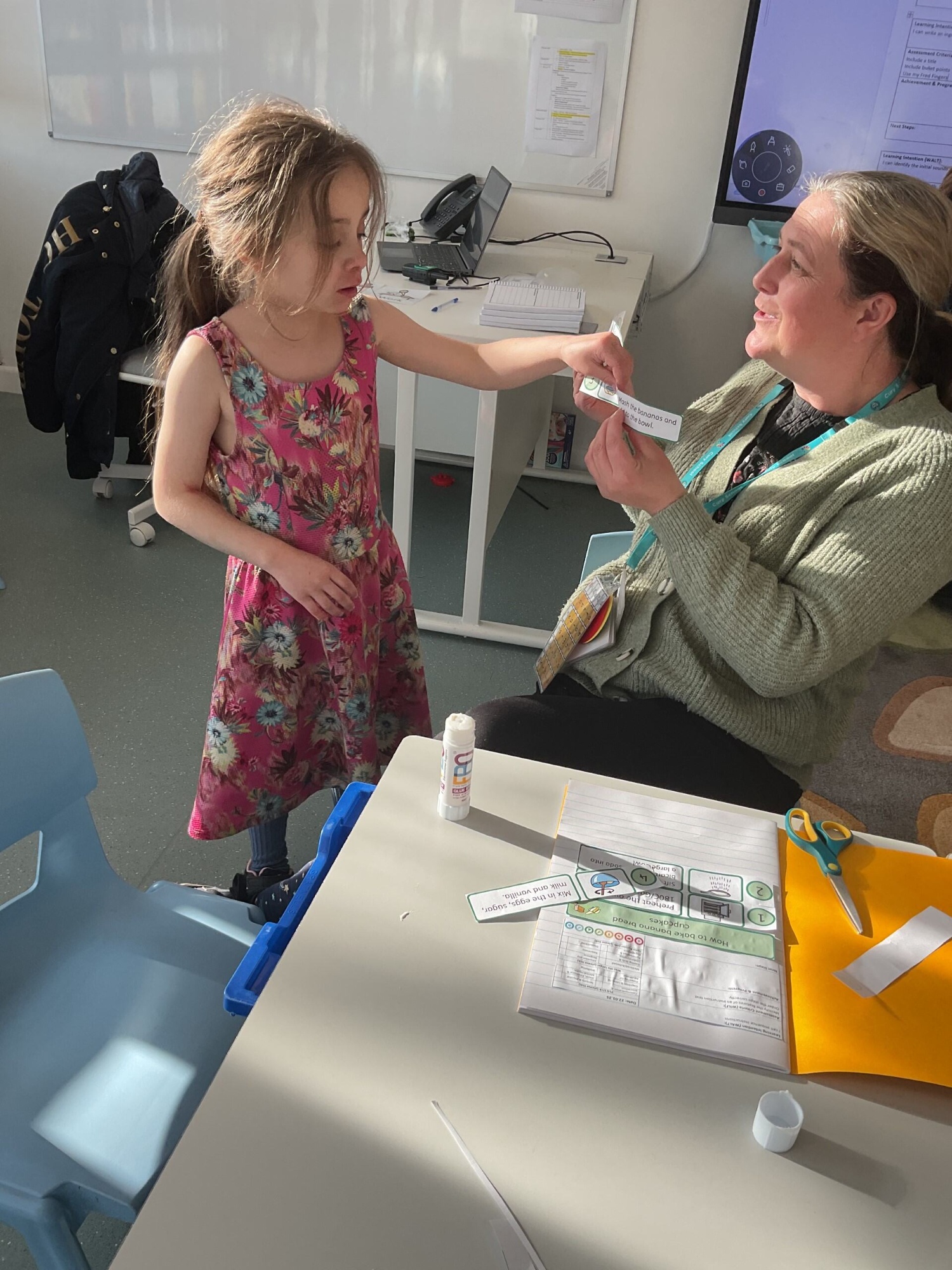English
![]()

At Cury School, we aim to support pupils in developing essential literacy skills while fostering their emotional well-being and self-expression. Writing lessons and activities are designed to provide pupils with a safe space to explore and articulate their thoughts, emotions and experiences as well as explore a range of texts and topics. English lessons engage learners with a diverse curriculum that suits the needs and the interests of all pupils. We aim to capture their imagination and prove that English is not a subject to be ‘feared’ but enjoyed. Our intent is to create a safe space where students can explore and express their emotions, thoughts, and experiences, fostering a sense of belonging and resilience that will serve them well in future personal and professional endeavours.
We understand that every learner has a unique learning journey, our intent is to provide personalised learning pathways within the English curriculum. Through adaptive teaching, individualised content, tailored resources, and ongoing assessment, we aim to ensure that each learner can progress at their own pace, building confidence and a sense of achievement—essential skills for navigating future challenges.
Children are encouraged to use their imagination, expand their vocabulary and access the same opportunities that are offered in a mainstream environment.
By embedding social and emotional learning into writing tasks, we aim to build pupils confidence in their own abilities, enhance their communication skills, and encourage them to use writing as a tool for reflection and personal growth. The curriculum focuses on adaptation, offering a range of strategies and support to meet the varied needs of each pupil, ensuring that all pupils have many opportunities to engage meaningfully with the writing process.
Engaging Pedagogy
Our teaching strategies and curriculum content for English is designed to be engaging, interactive, and responsive to the SEMH and EHCP needs of our learners. Teaching content is selected to support accessibility, progression and engagement. Staff personalise content for English lessons and utilise a variety of teaching methods to deliver the English curriculum. Units of work include using quality, progressive texts that teach through a talk for writing approach and use colourful semantics methods to support and also include units of work where content for Writing is more personalised for encouragement of interest and engagement, such as writing about cross curricular topics and our project-based enrichment learning.
Our teaching of writing is tailored to be both accessible and engaging, with an emphasis on creating a supportive environment that nurtures pupils' individual strengths and challenges. Writing lessons engage learners with a diverse curriculum that suits the needs and the interests of the pupils.
English units of work can be through the study of a high-quality text such as a narrative, poem play or non-fiction text. We use quality texts that teach progressive sequences of lessons for some units of work, and this can be through the approach of Talk for Writing. English lessons also include units of work where content for Writing is more personalised for interest and engagement, such as writing about cross curricular topics and our project-based enrichment learning. Children are encouraged to use their imagination, expand their vocabulary and access the same opportunities that are offered in a mainstream environment.
Our lessons incorporate a range of creative writing techniques, including narratives, non-fiction, poetry and journaling, as well as structured exercises that help pupils build basic writing skills such as handwriting, sentence structure, SPAG and vocabulary. Speaking and listening skills are developed to foster communication, self-expression and social interaction. Literacy development is supporting with the use of the following intervention programmes:
-
Wordshark
-
Beat Dyslexia
-
Clicker programme
-
Active Phonics
-
DALP
Our implementation strategy focuses on creating a supportive environment where pupils feel comfortable and confident engaging in verbal and non-verbal communication. Classroom activities are designed to be flexible, incorporating visual aids, PECS, graphic organisers, and colourful semantics where appropriate to support each child’s learning needs.
The teaching approach also integrates social-emotional learning components, such as discussing feelings through writing, exploring empathy, and understanding different perspectives. Regular feedback and one-to-one support ensure that pupils feel guided and encouraged throughout their writing journey. Within English lessons, we are committed to promoting social and emotional wellbeing through meaningful discussions, use of texts and engaging with individual interests.
![]()
The teaching of English at Cury School has both academic and emotional outcomes for the pupils. Academically, pupils develop stronger writing skills, including improved spelling, handwriting, grammar, coherence, and fluency, enabling them to express themselves more effectively in both written and non-written forms. The emotional impact is equally significant; by engaging in reflective writing, pupils often experience a greater sense of self-awareness, improved emotional regulation, and enhanced communication skills. Over time, this contributes to increased confidence and a more positive sense of self. Additionally, the act of writing provides an outlet for pupils to process and manage their emotions, helping to reduce anxiety and build resilience. Ultimately, pupils leave Cury School not only with enhanced literacy skills but also with the emotional tools needed to navigate their personal challenges and connect with others in a positive way.








